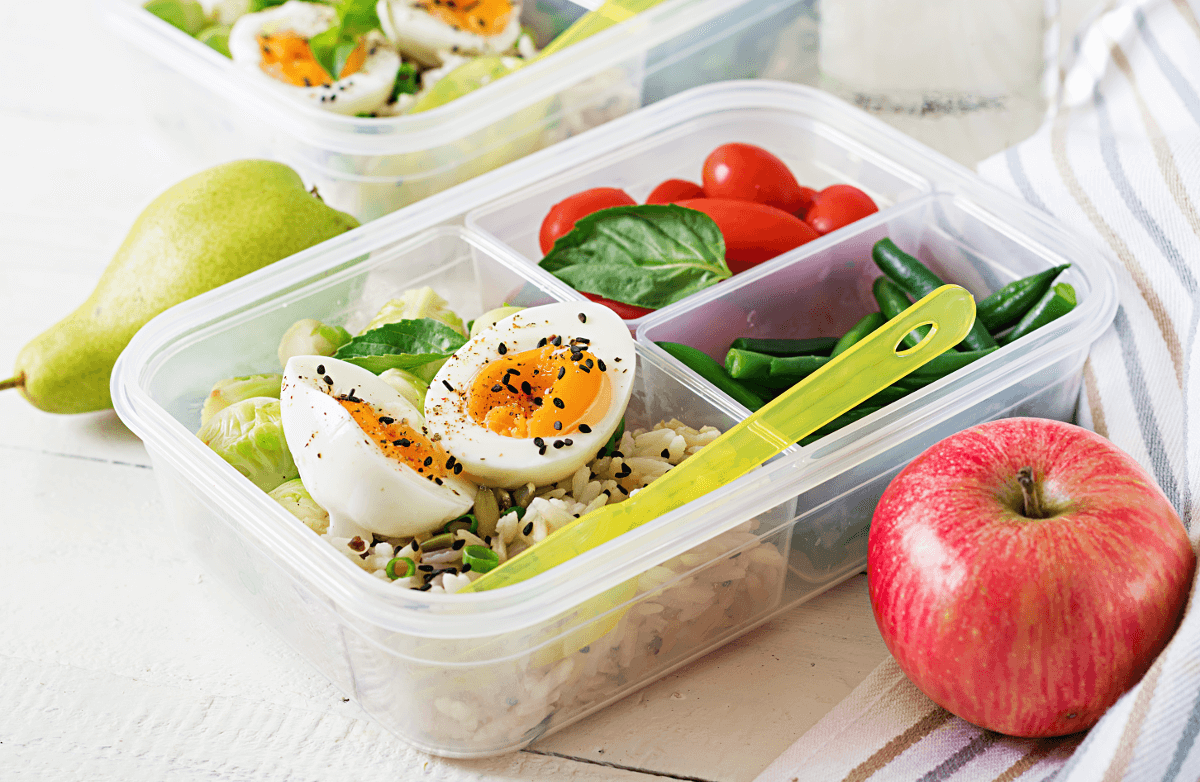Why Family Meals Matter More Than You Think
“Come and get it!”—a classic call to dinner that may feel like a thing of the past.
Between work meetings, after-school practices, and everything in between, getting the whole family around the table can feel almost impossible.
But here’s the thing: Even a few shared meals each week can make a big difference in your family's well-being. From deeper conversations to better nutrition, eating together is about more than just the food—it’s about connection. Here’s why it’s worth carving out that time, even if it’s just a couple of times a week.
1. Build Connection and Communication
Sharing a meal gives your family a chance to slow down, catch up, and listen to one another. Whether it's breakfast before school or a quick weeknight dinner, those conversations help build trust, connection, and a sense of belonging.
2. Model Positive Habits
Mealtimes are a perfect opportunity to show kids what good manners and positive table behavior look like. No need for lectures—just model kindness, patience, and good conversation. They'll learn more from what you do than what you say.
3. Introduce New Foods in a Low-Pressure Way
Family meals are a great time to explore new flavors. Kids are more likely to try new foods when they see others eating and enjoying them. Offer a new dish alongside familiar favorites and give it time—research shows it may take 8–10 tries before a new food becomes familiar.
Fun ideas:
Pick a new veggie at the farmers market
Cook a dish from another culture
Let your child choose a recipe to try together
4. Nourish With Healthier Choices
Meals made and enjoyed at home usually include more fruits, veggies, whole grains, and fewer added sugars. Plus, you're more in control of ingredients and portion sizes. It’s a simple step that supports everyone’s health.
5. Teach Life Skills
Getting kids involved in meal prep teaches more than cooking—it builds confidence and independence. Little ones can help tear lettuce or set the table, while older kids can chop, stir, or even lead the meal. Sharing responsibilities makes the process faster and more fun, and gives kids a sense of pride in what they’ve helped create.
6. Lower Risk of Risky Behavior
Studies show that kids and teens who eat dinner with their families more often are less likely to smoke, drink, or use drugs. Just a few shared meals a week can offer stability and give children a safe space to talk and feel supported.
7. Boost Academic Performance
Believe it or not, family meals are linked to better grades. Teens who regularly eat with their families tend to do better in school, likely because of the structure, communication, and emotional support those meals provide.
8. Save Money
Home-cooked meals are more budget-friendly than dining out. Restaurant meals can cost two to four times more, and eating at home lets you stretch ingredients, reduce waste, and plan.
The Bottom Line:
You don’t have to aim for perfection. Even one or two extra family meals each week can make a meaningful difference. Whether it’s breakfast together on Sundays, taco night on Tuesdays, or pizza and conversation on Fridays, those moments of connection add up in powerful ways.So the next time you say “Come and get it!”—know that you’re offering more than food. You’re offering time, love, and togetherness.













